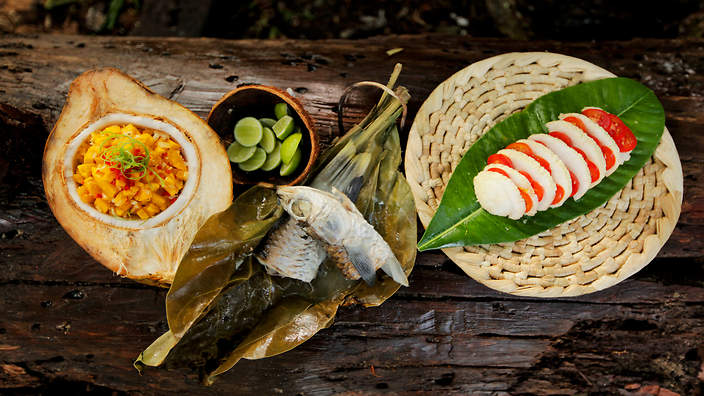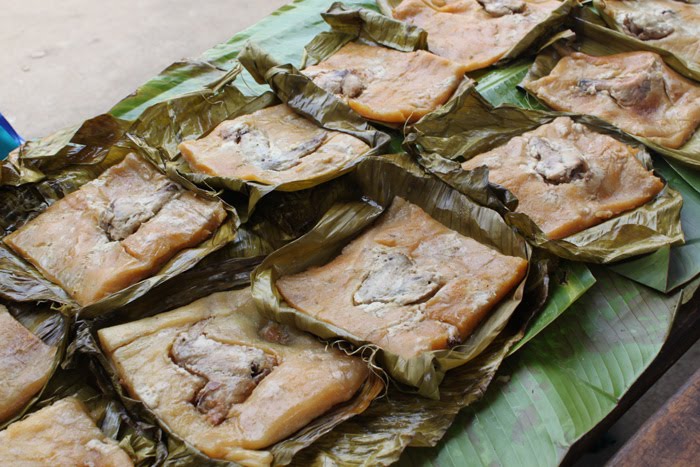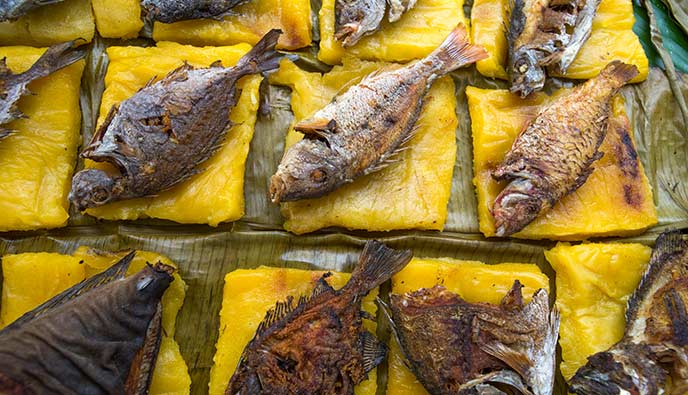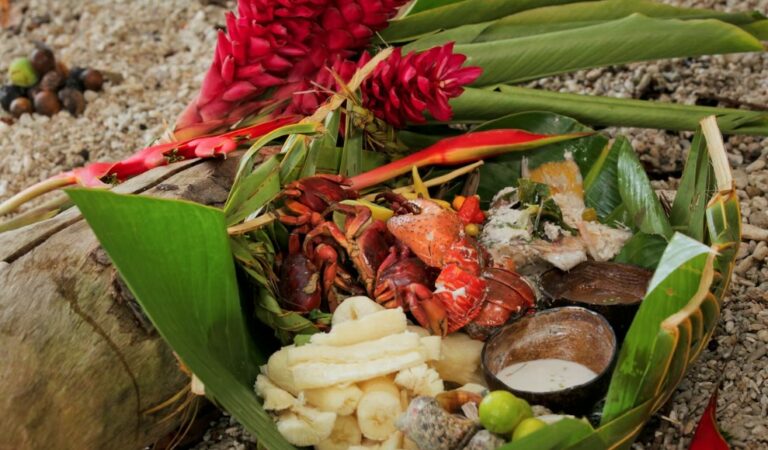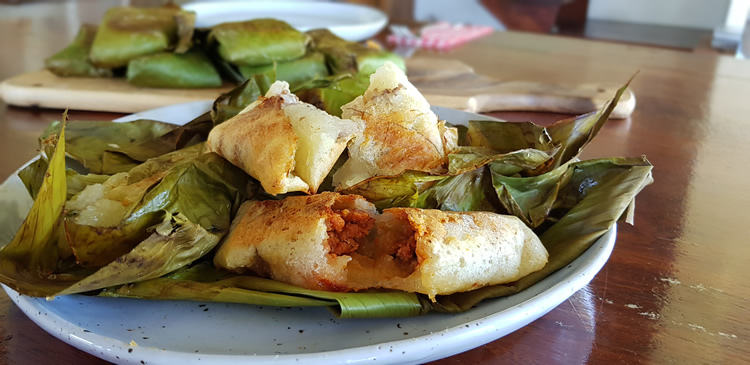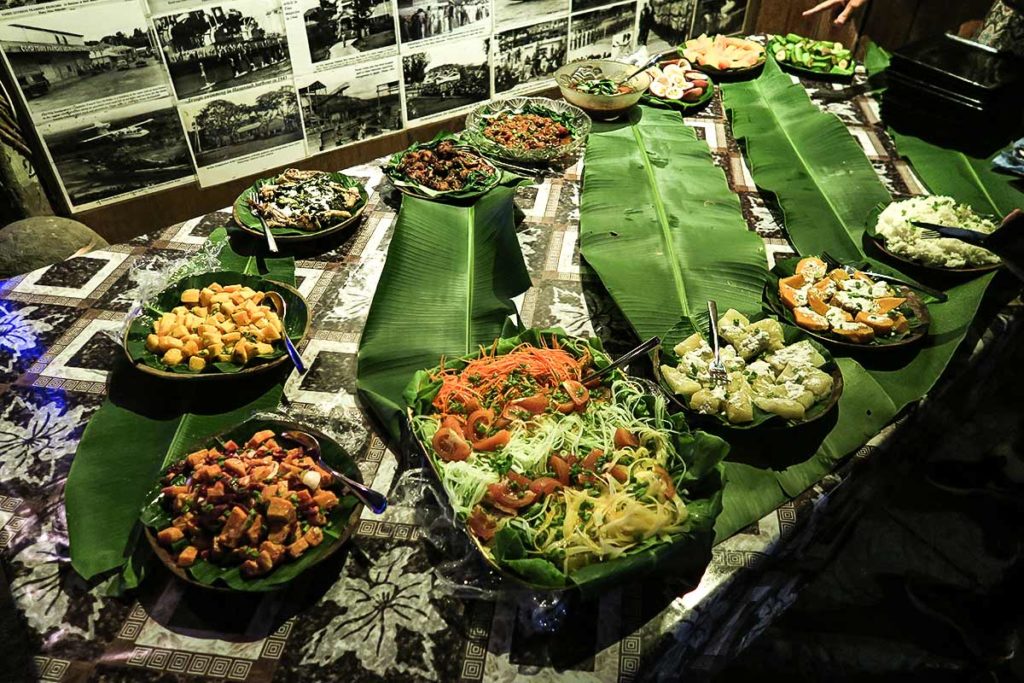Introduction: Vanuatu’s culinary diversity
Vanuatu is a small island nation located in the South Pacific Ocean. Despite its size, the country boasts a rich culinary heritage that reflects the diversity of its people and the different cultures that have influenced its cuisine over the centuries. The native Ni-Vanuatu people have relied on local produce and seafood in their traditional dishes, while European, Asian, and African influences have introduced new flavors and ingredients to the local cuisine.
The role of spices in Vanuatu cuisine
Spices play an important role in Vanuatu cuisine as they add flavor, aroma, and color to dishes. They are used in marinades, curries, stews, and sauces, and are often combined with coconut milk, lemon juice, and herbs to create complex and unique flavor profiles. In addition, many of the spices used in Vanuatu have medicinal properties and are believed to have health benefits.
Local spices commonly used in Vanuatu
Some of the most commonly used spices in Vanuatu include turmeric, ginger, garlic, chili peppers, and coriander. Turmeric, for example, is a key ingredient in Vanuatu’s national dish, lap lap, which is made from grated yam, manioc, or taro mixed with coconut milk and wrapped in banana leaves. Ginger and garlic are often used in marinades for fish or meat, while chili peppers are used to add heat to stews and curries.
Traditional dishes and their level of spiciness
Vanuatu’s traditional dishes vary in their level of spiciness depending on the recipe and the location. Some dishes, such as lap lap, are not spicy at all, while others, such as nasi goreng (fried rice) and beef rendang, have a moderate level of heat. The popular Vanuatu dish, kokoda, which consists of raw fish marinated in lemon juice and coconut cream, is typically mild but can be spiced up with chili peppers.
Influences of other cuisines on Vanuatu’s spiciness
Vanuatu’s cuisine has been influenced by various cultures throughout its history, and this has had an impact on the level of spiciness in its dishes. For example, Indian and Chinese cuisines have introduced spicy curries and stir-fries to the local cuisine, while French and British influences have added milder dishes such as stews and casseroles.
Conclusion: The verdict on Vanuatu cuisine’s spice level
Overall, Vanuatu cuisine is not known for being particularly spicy compared to other Asian and African cuisines. However, the use of local spices such as turmeric, ginger, and chili peppers adds a unique flavor profile to the dishes and can provide a mild to moderate level of heat. Whether you prefer mild or spicy food, Vanuatu’s culinary diversity offers something for everyone to enjoy.

